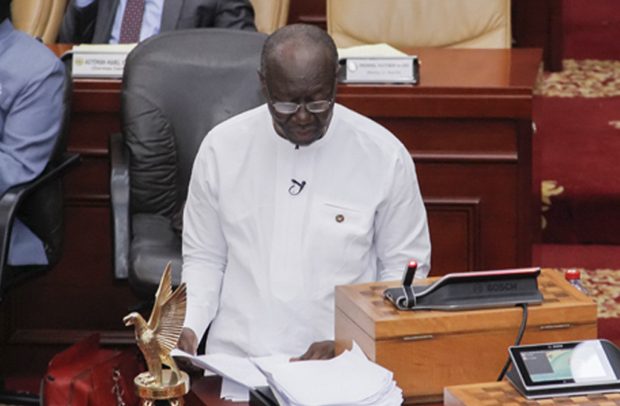In an effort to boost the adoption of electric vehicles (EVs) and promote menstrual hygiene, the government has announced eight tax reliefs during the presentation of the 2024 Budget and Economic Statement to Parliament by Finance Minister, Ken Ofori-Atta.
One of the key measures includes waiving import duties on EVs designated for public transportation for a period of eight years.
This move aims to encourage the use of EVs in the public transport sector, reducing carbon emissions and promoting sustainability. Additionally, import duties on semi-knocked down and completely knocked down electric vehicles brought into the country by registered EV assembly companies will also be exempted for the same duration.
In a bid to support local manufacturing and consumption, Ofori-Atta announced that all locally produced sanitary pads will now be zero-rated. This measure aims to improve menstrual hygiene and affordability for women across the country.
The Finance Minister further outlined the following tax reliefs that will be implemented:
– Extending the zero rate of VAT on locally manufactured African prints for two more years.
– Extending the zero rate of VAT on locally assembled vehicles for two more years.
– Granting import duty waivers for raw materials for the local manufacture of sanitary pads.
– Granting exemptions on the importation of agricultural machinery equipment and inputs, medical consumables, and raw materials for the pharmaceutical industry.
– Introducing a VAT flat rate of 5 percent to replace the 15 percent standard VAT rate on all commercial properties, simplifying administration.
– Reviewing and expanding the Environmental Excise Duty to cover plastic packaging, industrial emissions, and vehicle emissions to address plastic waste and pollution.
The government’s decision to grant these tax reliefs aims to stimulate economic growth, promote sustainable practices, and improve the well-being of Ghanaians.
These measures have received positive feedback from various sectors, with stakeholders applauding the government’s commitment to sustainable development and support for local industries.
The tax reliefs are expected to have a positive impact on the economy and contribute to Ghana’s overall development agenda.
As the government continues its efforts to create a conducive economic environment, these tax reliefs are just one aspect of a comprehensive strategy to drive progress and improve the lives of the Ghanaian people.
By Vincent Kubi

